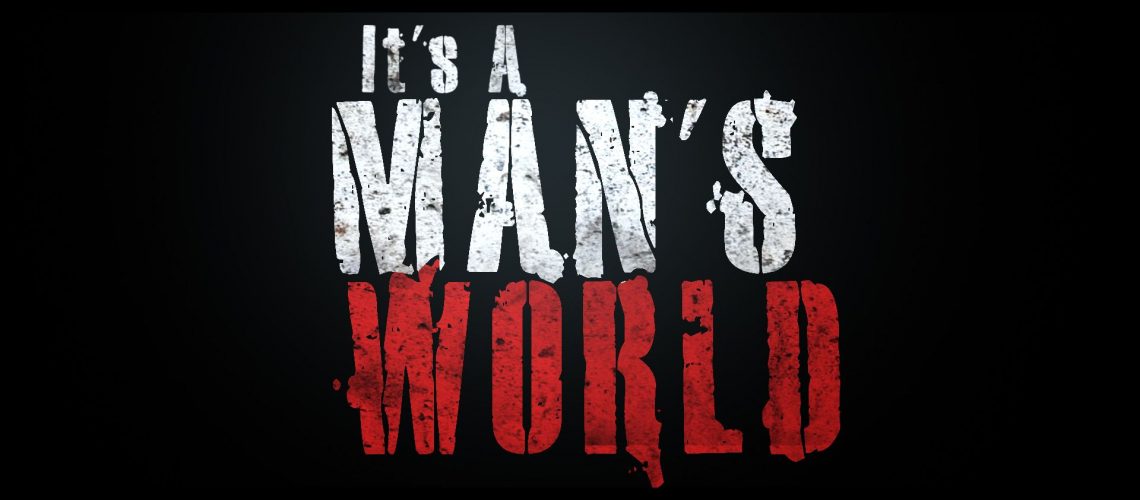Let us face it folks, the oil business is a man’s world.
It’s full of technical people, with disciplines that women aren’t good at and jobs that require strong muscles.
Yeah – it’s a man’s world.
Now that has your attention, doesn’t it? These are the stereotypes that I believe act as barriers to making progress in a critical area. That is NOT making progress for women as an end in itself, although it would be a worthy calling. It is making progress in either restoring America’s competitiveness in critical fields. As well as starting the process of establishing it from a currently untenable position. The data regarding the scholastic achievement of other nations, particularly in Science and Math, is scary.
We are lagging badly.
Let’s attack another myth. There are not enough STEM graduates to fill the available vacancies. The New York Academy of Sciences in 2012 said technical roles were remaining unfilled. They believed technical staff lacked the non-technical, soft skills. Therefore unable to effectively perform in what is an increasingly team-oriented and collaborative world. Emotional Intelligence, the ability to function collaboratively AND competitively, the desire to take account of the feelings of others – the sorts of skills that make them so capable of filling in gaps that many men have emotionally and temperamentally.
But are enough women graduating in the right disciplines?
Again citing the NYAS “Although women make up half of the U.S. workforce, they account for only one-fourth of STEM workers, according to the most recent data from the Census Bureau. Even within the STEM occupations, women gravitate toward the social and life sciences, such as psychology and biology, where they account for 70 and 47 percent, respectively, of the workforce, and away from engineering and software development, where women account for just 13 and 22 percent of the workforce, respectively.”
So this raises the question – why bother? Are you kidding me? Let me ask you a question?
Men - have you ever gone into a football game with 22% less capable players on your team and said “that’s OK.” players than you? Do you play a round of golf with only 11 clubs instead of 14 against a scratch golfer and said “who needs a putter, driver and a sand iron anyway?
Women – do you ever go into an interview with 78% of your make up done, or even 78% of your clothes on?
The oil industry is facing the irreversible exit of the Baby Boomers. It is not IF we will see the shortage of qualified AND experienced engineers, scientists, geologists, it is WHEN and I believe WHEN is right around the corner. And we most certainly cannot sit around and say – that’s ok, we can tackle this with 22% less of the available talent. No we cannot!
So what CAN we do? A good friend of mine used to talk about the three elements of improving safety. He said it was a matter of Focus, Priority and Will.
- Focus: We need to accept that this is a problem and bring the development an unsustainable solution into sharp focus. Active involvement of our scientists, including ones that have retired but are looking for meaning in their lives, in visiting Middle and High Schools generating excitement among that generation. We cannot wait until they are in college – it is too late. Other activities inside Companies would include formal and informal Mentoring programs, active role modeling from senior leadership, and visible encouragement and reward of leaders who show success in developing female talent.
- Priority: We need to make it just that. Make developing this part of the workforce a priority with out time, talents and money. Devote resources to it, not at the expense of other groups, in addition to them.
- Will: Just as the marathon runner at mile 20, hits a wall and, despite all the training gets through the next 6 miles largely on will – we have hit a wall and it will require that sort of will to get through the marathon of addressing America’s talent gap. And we cannot do it using men alone. It's time to put on our running pants and move forward – together.




